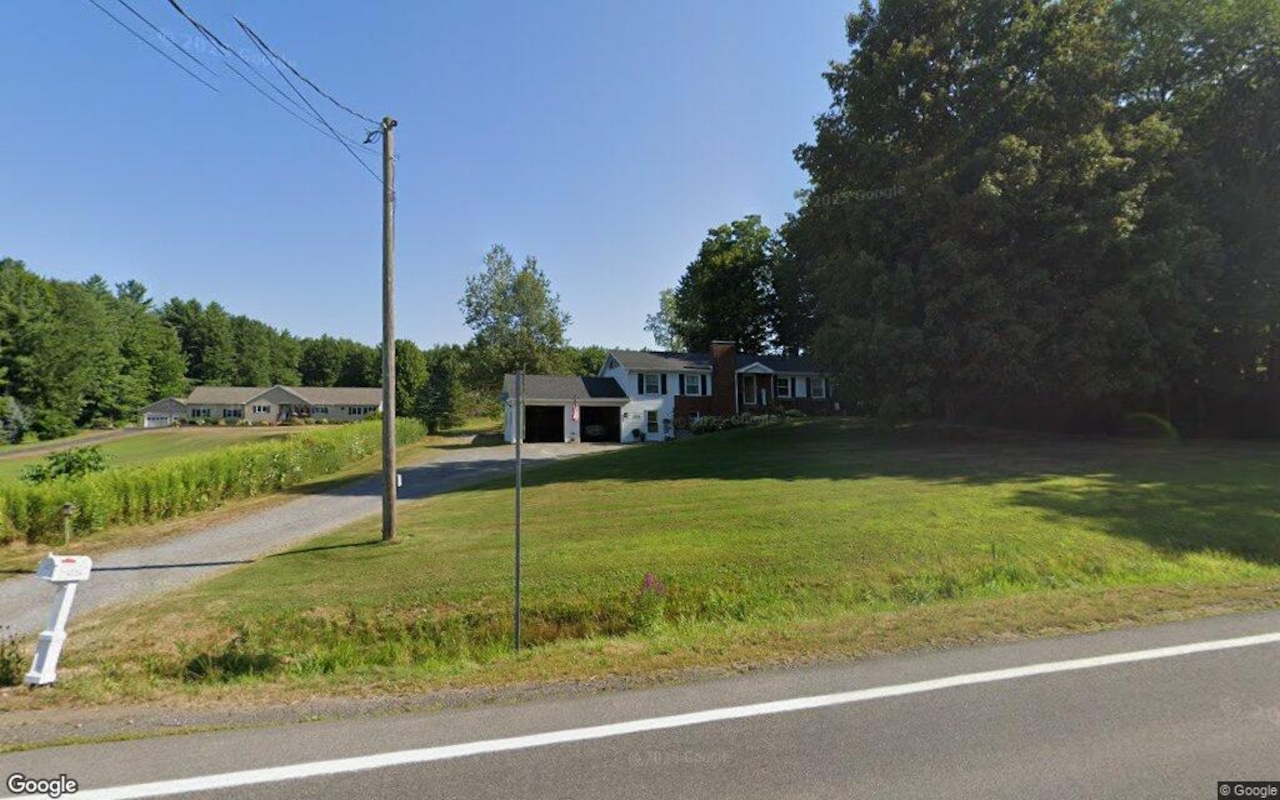*
*2025 Residential Franchise Landscape – Key Takeaways**
**HomeSmart: 25 Years of Flat‑Fee Innovation**
HomeSmart, headquartered in Phoenix, celebrated its 25th anniversary this year. Todd Sumney, the company’s chief industry officer, credits the franchise’s success to its pioneering flat‑fee model, which replaces the traditional royalty based on gross commission income. Sumney, who joined HomeSmart in 2014 after stints with the Mayo Clinic and Ritz‑Carlton, notes that many doubted the longevity of a fixed‑fee structure, yet the model has thrived, now supporting 25,000 agents across 263 offices. Agents frequently express regret for not joining earlier, underscoring the appeal of higher earnings and operational simplicity.
**Franchising’s Enduring Strength**
Despite the rise of national brokerages such as eXp, Compass, and Real Brokerage, franchising remains a robust segment of residential real estate. National Association of REALTORS® data shows that 38% of its members are affiliated with franchise companies—a figure unchanged from 2012 to 2025. This stability signals continued relevance and room for growth within the franchise model.
**Why Professionals Choose Franchises Today**
Ownership and territorial control are primary motivators. Keith Robinson, co‑CEO of NextHome, emphasizes that franchisees value the ability to shape their local market while benefiting from a proven brand. NextHome, founded in 2014, now operates over 600 offices nationwide. The company’s “big orange bulb” metaphor illustrates how it supplies a ready‑made platform that franchisees can customize to reflect their own style.
**Franchise Models Explained**
1. **Traditional Split** – Franchisees pay a royalty fee as a percentage of gross commission income.
2. **Flat‑Fee Transaction** – Franchisees pay a fixed transaction fee plus a monthly subscription. HomeSmart and United Real Estate exemplify this model, offering agents 100% of gross commission income minus a modest fee.
3. **Revenue/Profit Sharing** – Agents sponsor new recruits and earn residuals. Keller Williams and EXIT Realty provide multi‑level profit‑sharing, with EXIT’s single‑level residuals offering substantial bonuses for recruiting and agent retirement.
**Company‑Specific Highlights**
- **United Real Estate** – Led by Rick Haase, the Dallas‑based franchise offers a 10‑category value proposition, including financial literacy tools, group health coverage, and a proprietary lead‑generation platform. The company reports over 90,000 closed sales and rapid expansion into other brokerages.
- **Weichert** – Bill Scavone’s 56‑year‑old franchise focuses on business‑format operations, emphasizing disciplined, profitable practices and a strong company office presence.
- **RE/MAX** – With 36% unaided brand awareness and nearly 50,000 agents, RE/MAX remains the most trusted name in U.S. and Canadian real estate. Its global reach includes more than 5,500 international offices.
- **Berkshire Hathaway HomeServices** – Acquired by Berkshire Hathaway in 1998, the brand benefits from Warren Buffett’s reputation. It now boasts 45,000 agents and recently appointed Vince Leisey as network president.
- **Assist2Sell** – Since 1994, Assist2Sell has offered a flat‑fee model that delivers full‑service real estate at lower costs, emphasizing consumer savings and flexible service options.
- **NextHome** – Co‑CEO James Dwiggins stresses a consumer‑centric philosophy, encapsulated in the “Humans Over Houses” mantra. The company’s technology stack is single‑sign‑on, API‑integrated, and supported by a U.S. team available six days a week.
**Technology and Support**
Franchises invest heavily in tech to stay competitive. KWRI transitioned to a tech‑centric focus, offering proprietary tools and a consumer app. John L. Scott Real Estate prioritizes AI readiness, insisting on instant solutions. HomeSmart developed its own e‑signature software to reduce agent fees. RE/MAX provides productivity tools, a “100 Days to Greatness” course, and an AI‑enhanced referral platform. NextHome’s support team ensures high adoption rates through real‑person assistance and seamless integration across MLS data and other programs.
**Additional Support Structures**
- **Realty Executives** – Offers franchisees pricing flexibility with brand guardrails, optional P&L reviews, and a long average tenure of 17 years.
- **United Real Estate** – Provides financial literacy platforms, private banking, and a lead‑generation system without referral fees.
- **EXIT Realty** – Features a revenue‑sharing model that rewards recruiting and retirement bonuses, fostering a collaborative culture.
- **NextHome** – Emphasizes transparent communication during market shifts, giving franchisees confidence to navigate uncertainty.
**Culture and Fit**
Company culture is a decisive factor for prospective franchisees. Keller Williams centers on entrepreneurship and win‑win scenarios. Windermere values integrity, professionalism, and community building, while EXIT promotes a sports‑team mentality and community service. NextHome’s “Humans Over Houses” ethos cultivates collaboration among its 6,000+ members. Franchisees should assess whether a company’s “why” aligns with their personal values and business goals.
**Conclusion**
The 2025 Residential Franchise Report underscores that franchising remains a viable, adaptable path for real estate professionals. Whether through flat‑fee models, revenue sharing, or traditional splits, leading brands offer robust technology, comprehensive support, and distinct cultural identities. Prospective franchisees should evaluate brand reputation, financial structure, tech offerings, and cultural fit to make an informed decision that aligns with their long‑term objectives.















